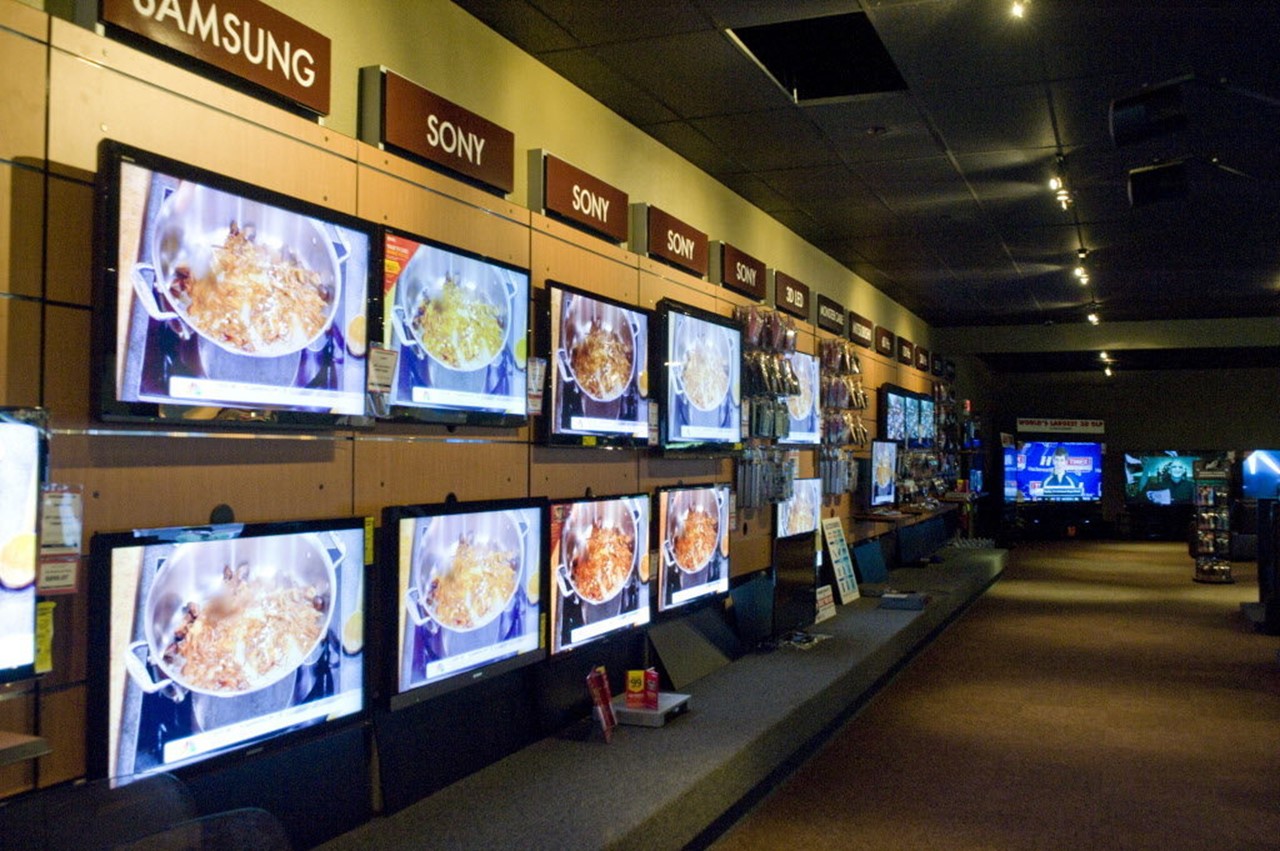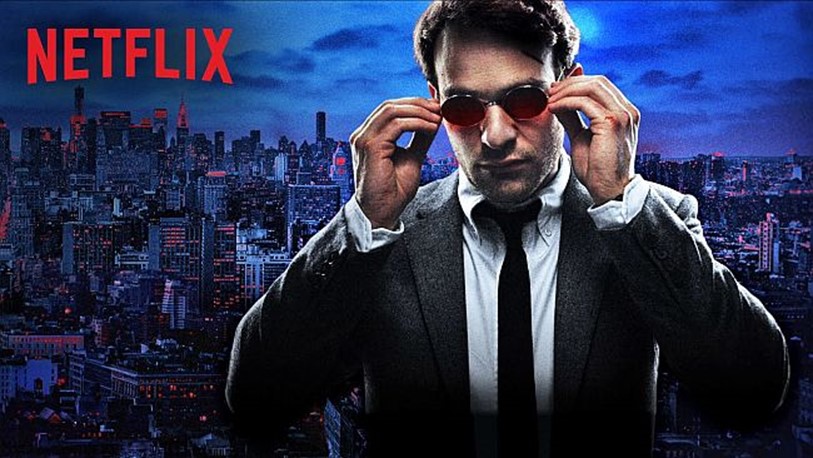The Impacts Of El Niño
August 31, 2015 in Daily Bulletin

Evidence indicates that the world may be set for an incredibly strong El Niño this year. The Economist had an explanation of what El Niño is and how it’s formed over here. But the more interesting article maybe about the impacts that one could have:
- El Niño is, first and foremost, a natural disaster. The strongest ever happened in 1998 and was responsible for killing 21,000 people and $36 billion in damages.
- Indonesia would likely be particularly hard hit if one took place this year. Dry weather would mean that coffee and palm oil production would suffer causing prices across the world to skyrocket.
- The dryness could also mean forest fires which would release billions of tonnes of carbon dioxide into the air.
- In Nigeria El Niño led to rain which led to stagnant pools of water that were ideal breeding conditions for malaria carrying mosquitos.
- In the west coast of the United States El Niño will also mean more rain. In California the rains may lead to landslides in a state stricken by drought.
- It wouldn’t even help fill up California’s reservoirs since most of the rain would just return to the ocean. What California actually needs is snow in the mountains that’ll gradually melt and replenish water supplies.
- However an El Niño will raise temperatures, making snow less likely, and the drought even worse.
- Some places in the US may benefit though. An El Niño event means that hurricanes are less frequent in the east and crop yields improve in the Midwest.
- All in all the 1998 event is thought to have added $15 billion to America’s GDP.
Read more about the weather event, and the effects it could have across the world if it strikes over here.
Source: The Economist









Join the Discussion! (No Signup Required)